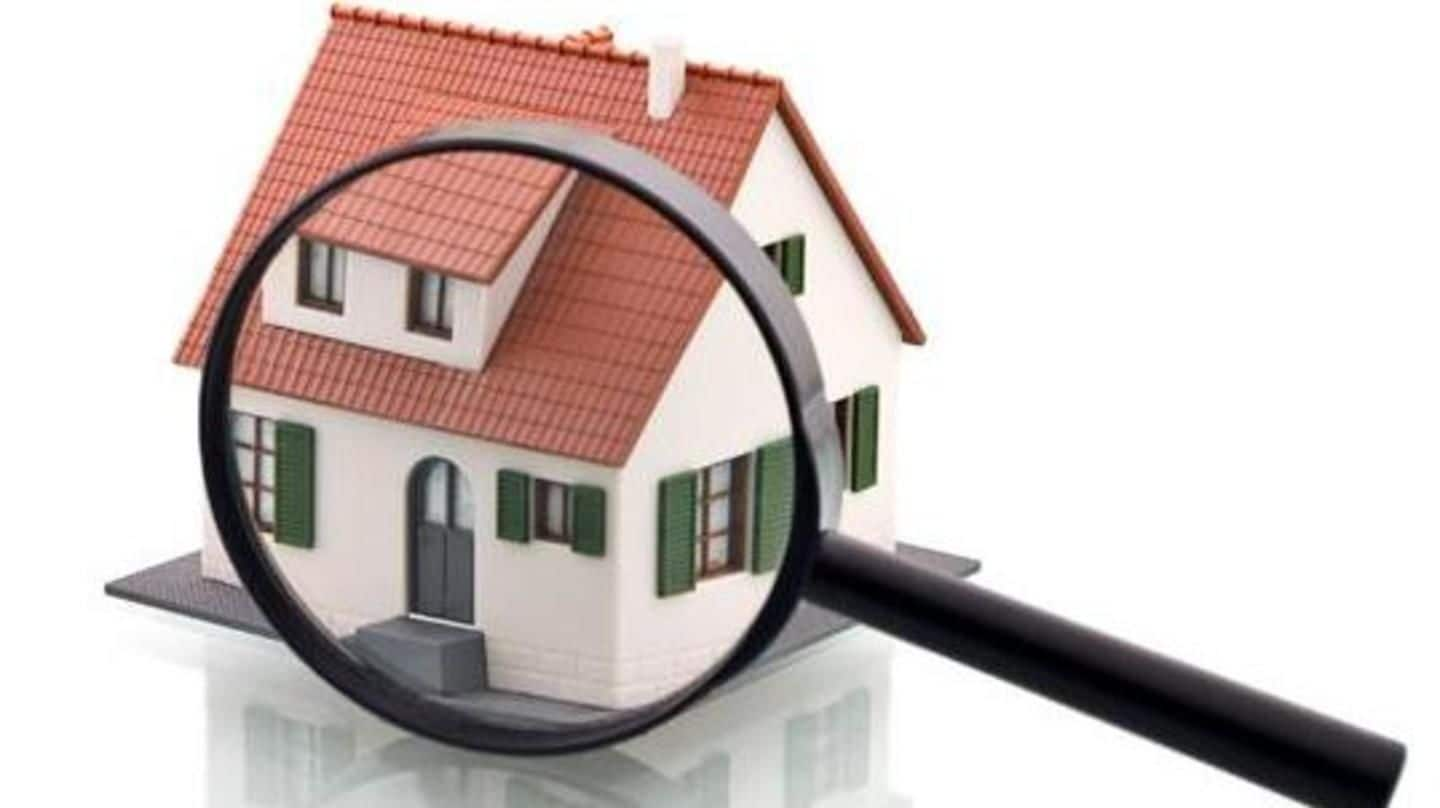
#FinancialBytes: 10 things to keep in mind while buying house
What's the story
Buying a house is one of the most significant decisions in a person's life, not only financially but also on a personal front.
And, especially when it comes to the purchase of our first house, we often tend to make our decisions from heart. But, it's always wiser to take the mind along.
Read on to know 10 things you should keep in mind, while buying a house.
Property Price
#1: Do a comparative market analysis of the property price
It's extremely important to do a comparative market analysis of the property's price quoted by the developer/agent to ensure that you don't end up paying more.
It also prevents you from falling prey to low-priced troublesome properties.
To do the analysis, find out the prices of similar properties located in that area through portal/newspaper listings or brokers of that area.
Background Check
#2: Background check of property's developer, agent
In this world full of ponzi schemes, it's really important to ensure the property's developer and agent, through whom you intend to buy it, are credible.
Visit the website of the Ministry of Corporate Affairs to check the authenticity of the real estate developer.
Compare the developer/agent's past records with commitments related to project delivery.
You can also check the developers' ratings on CRISIL/NAREDCO.
Legal Requirements
#3: Check approval, licenses allotted for the project
Another essential thing to ensure is if the real estate project you wish to invest in has received the statutory work commencement certificate, environmental clearance, and approval for building.
Also check the status of the land title, i.e., if the builder has bought the land or just holds the development rights for it.
These details essentially determine the time-frame of property's possession.
Carpet Area
#4: Check the house's carpet area
Remember that the property's size and its carpet area are two different things. While the carpet area just includes the area within the house's walls, the size of the property is inclusive of common areas such as the staircase, lobby, etc.
The carpet area can be as much as 30% lesser than the property's total area on which its price has been calculated.
Possession
#5: Timeline for the possession of the property
These days delayed possession of property has almost become a trend. So, it is always wise to get an estimate of the timeline of possession.
Registration of the property is a prerequisite for possession.
Moreover, do remember that the builder is bound to pay you a monthly penalty if you don't get the possession within the grace period, which could be six months.
Documents
#7: Documents you need to collect from the property developer
Make sure you collect the following documents from the property's developer to get a legal ownership title of the property:
Allotment Letter
Original Sale Deed
Payment Challan
Possession Letter
Original Lease Deed
Property Registration Certificate
Share Certificate
Share Allotment Letter
Share Transfer letter
Payment Receipts
Possession Certificate
No-dues Certificate
Sanctioned map of the society
Contract
#6: Get a clean, clear and registered Sale Agreement
One of the most important things is to get a clean, clear and registered Sale Agreement of the property.
The Sale Agreement contains the property's description, contact details of seller and buyer, the negotiated price, payment terms, transfer of property title, stamp duty, and sale deed.
Make sure that the contract also contains clauses related to outstanding dues, penalties, damages, etc.
Home Loan
#8: Check if you are eligible for a home loan
Being a capital expense, purchase of a house requires a huge amount of money and generally requires one to take a loan.
It's always wise to check your home loan eligibility, before making any purchase decision. Your eligibility depends on your occupation, income, the loan amount and the number of dependants.
You can check the eligibility either online or by visiting a bank/financial institution.
Down Payment
#9: Do not take a personal loan for down payment
It is always wiser to avoid taking a personal loan for the down payment of the property since personal loans are relatively expensive and don't qualify for any tax benefits either.
Moreover, payment of two Equated Monthly Instalments (EMIs), on personal loan and home loan, can lead to financial burden.
Try to fund the down payment using investments in mutual funds or provident fund.
EMIs
#10: EMIs should not ideally exceed 30-40% of your income
The tenure of a home loan generally ranges between 15 to 20 years which is long enough to be filled will all types of uncertainties.
Thus, it is advisable to keep your financial commitments related to your home loan's Equated Monthly Instalments (EMIs) within the bracket of 30-40% of your monthly income.
Happy house-hunting!